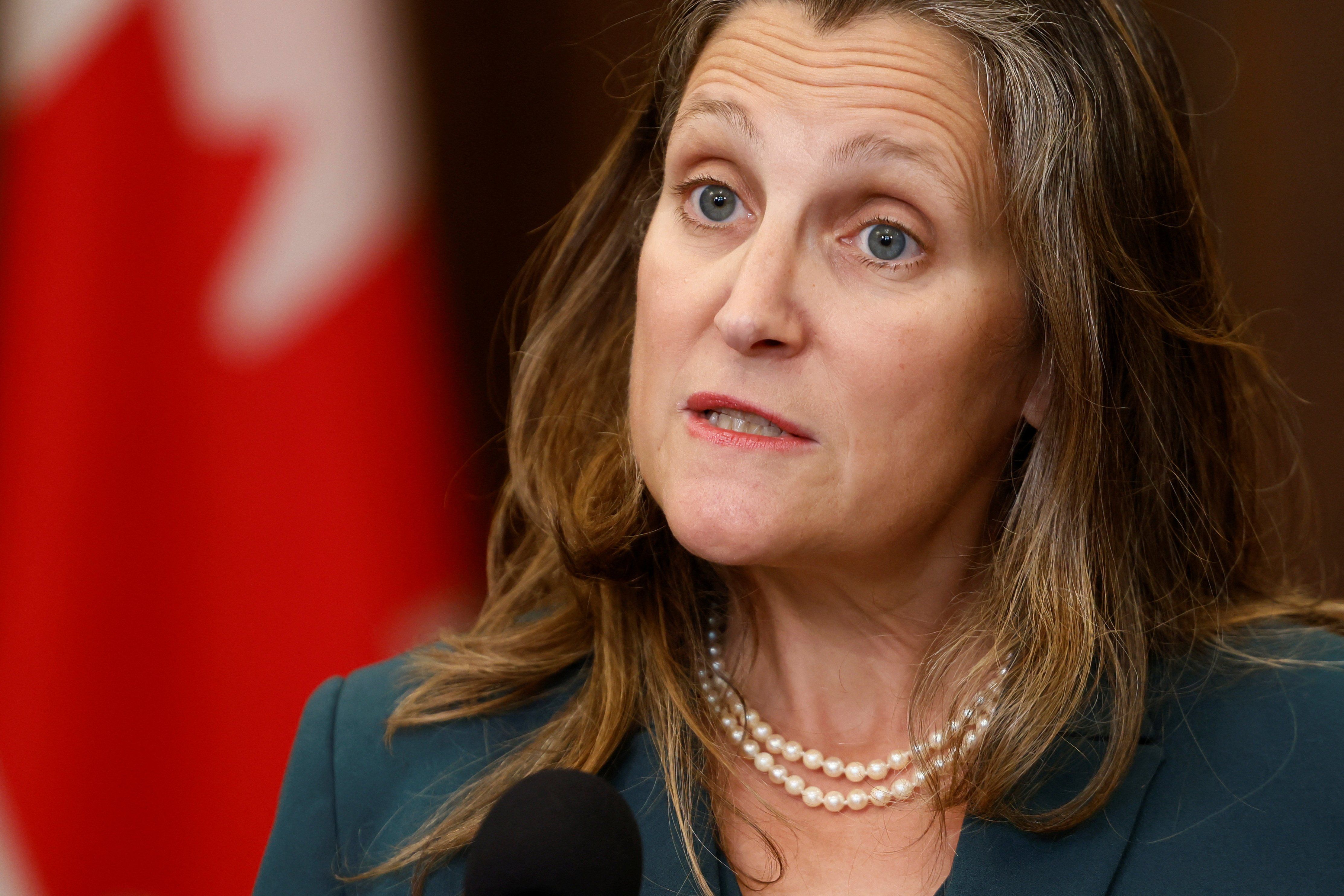After all, US Ambassador David Cohen warned in July that if Canada introduces such a tax, his country would have “no choice but to take retaliatory measures in the trade context, potentially in the digital trade context.” Canadian Finance Minister Chrystia Freeland, no stranger to trade disputes with her American friends, appears determined to proceed.
"It's really a matter of fairness," she said. "There are other countries, our partners, who are today collecting DST. That DST is helping make essential investments in their countries, and it's just not fair for Canadians to be deprived of that revenue."
The Canadian argument is that tech companies collecting billions of dollars of revenue in Canada — like Netflix and Amazon — are able to shelter their profits in low-tax jurisdictions and are not contributing meaningfully to the economy. The Americans, unpersuaded by these arguments, don’t want to see Canada break from an OECD consensus, which is to wait until there is an international tax agreement. Business groups in both countries have asked Canada to hold off to avoid the uncertainty and disruption of a trade dispute.
The new legislation introducing the tax did not include a date, which means the government could implement it when it sees fit. Freeland may be hoping that it gives her leverage in trying to convince her American counterparts to accept the tax without imposing countervailing duties.






